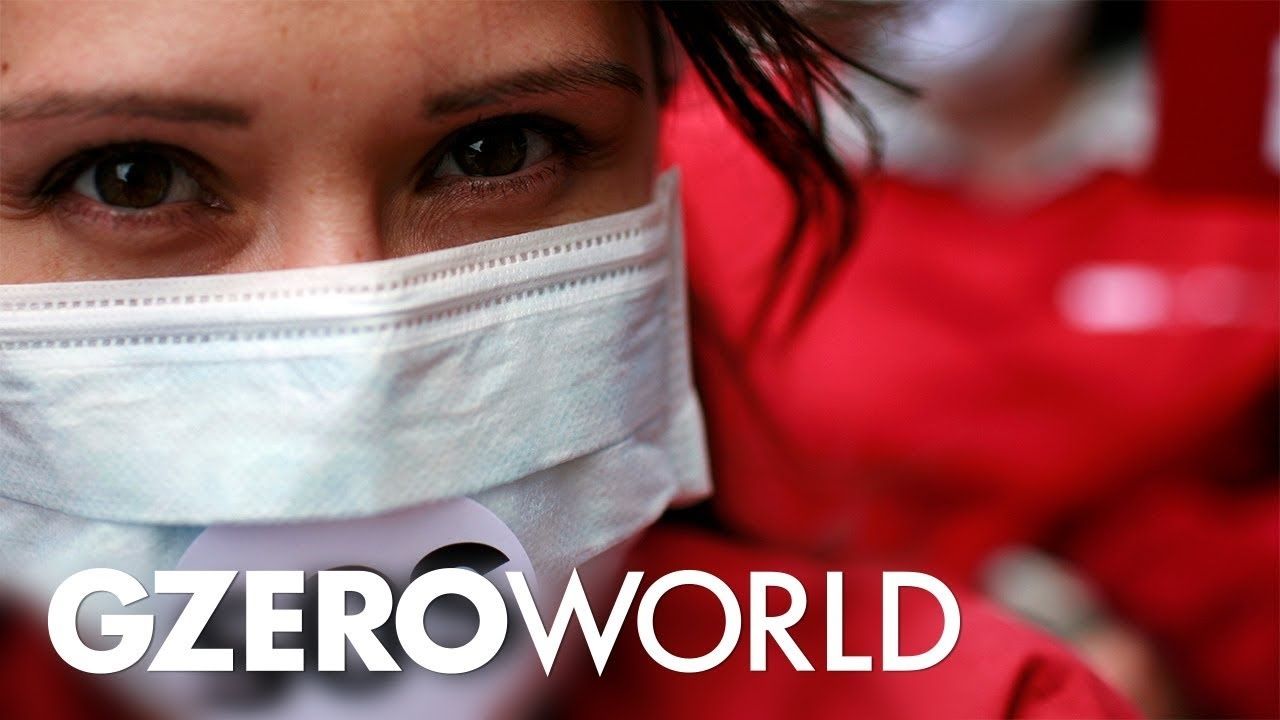November 25, 2019
The "Spanish flu" virus of 1918 killed an estimated 50 million people, more than all the deaths in World War I combined. While global public health efforts have greatly improved mortality rates in more modern outbreaks, experts say the next pandemic is a matter of "when," not "if." In this episode, Ian Bremmer takes a look how diseases spread and become global. His guest, Dr. Anthony Fauci, is a leading epidemiologist and director of the National Institute of Allergy and Infectious Diseases at the NIH.
Dr. Fauci breaks down some of the biggest health threats facing the world today: HIV/AIDS, Ebola, malaria, tuberculosis, influenza, and the recent rise in cases of measles brought on by the misguided anti-vaccine movement.
Also on the show: Five years after his Ebola diagnosis made international news, NYC's Dr. Craig Spencer tells GZERO Media what he learned from the experience and what his life is like today.
More For You
- YouTube
In this episode of "ask ian," Ian Bremmer breaks down the growing rift between the US and Canada, calling it “permanent damage” to one of the world’s closest alliances.
Most Popular
Two Iranian motorcyclists stop in front of the burned East Tehran General Directorate of Tax Affairs headquarters in Tehran, Iran, on January 21, 2026.
Photo by Morteza Nikoubazl/NurPhoto
30,000: The estimated death toll in Iran during the protests at the start of the year, per local health officials, underscoring the scale of the Islamic Republic’s crackdown on its own citizens.
The World Health Organization (WHO) headquarters is seen in Geneva, Switzerland, January 28, 2025.
REUTERS/Denis Balibouse
Seventy-eight years after helping found the World Health Organization (WHO), the United States has formally withdrawn from the agency, following through on a pledge President Donald Trump made on his first day back in office.
© 2025 GZERO Media. All Rights Reserved | A Eurasia Group media company.
